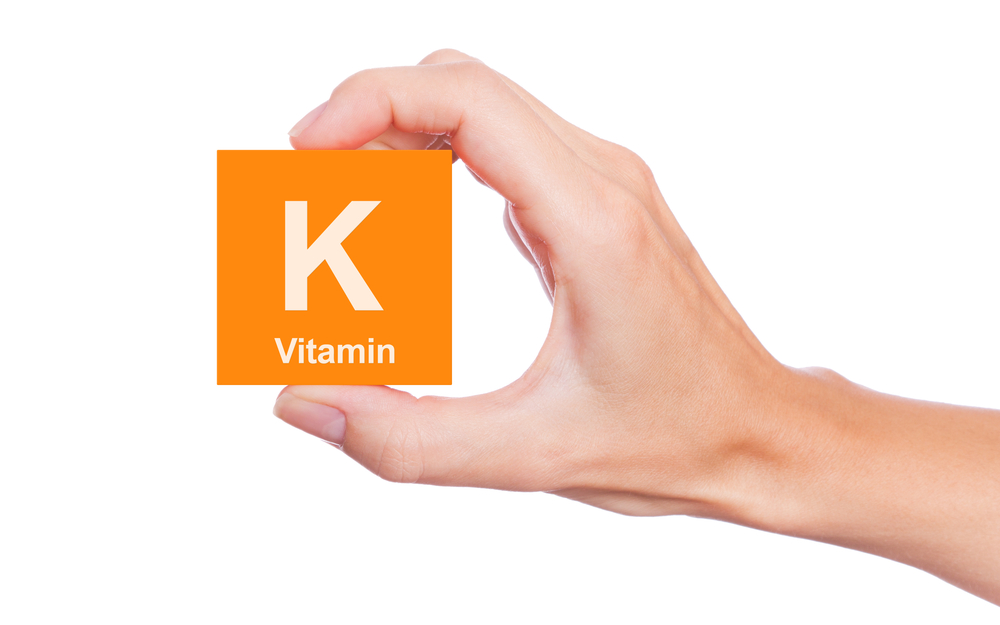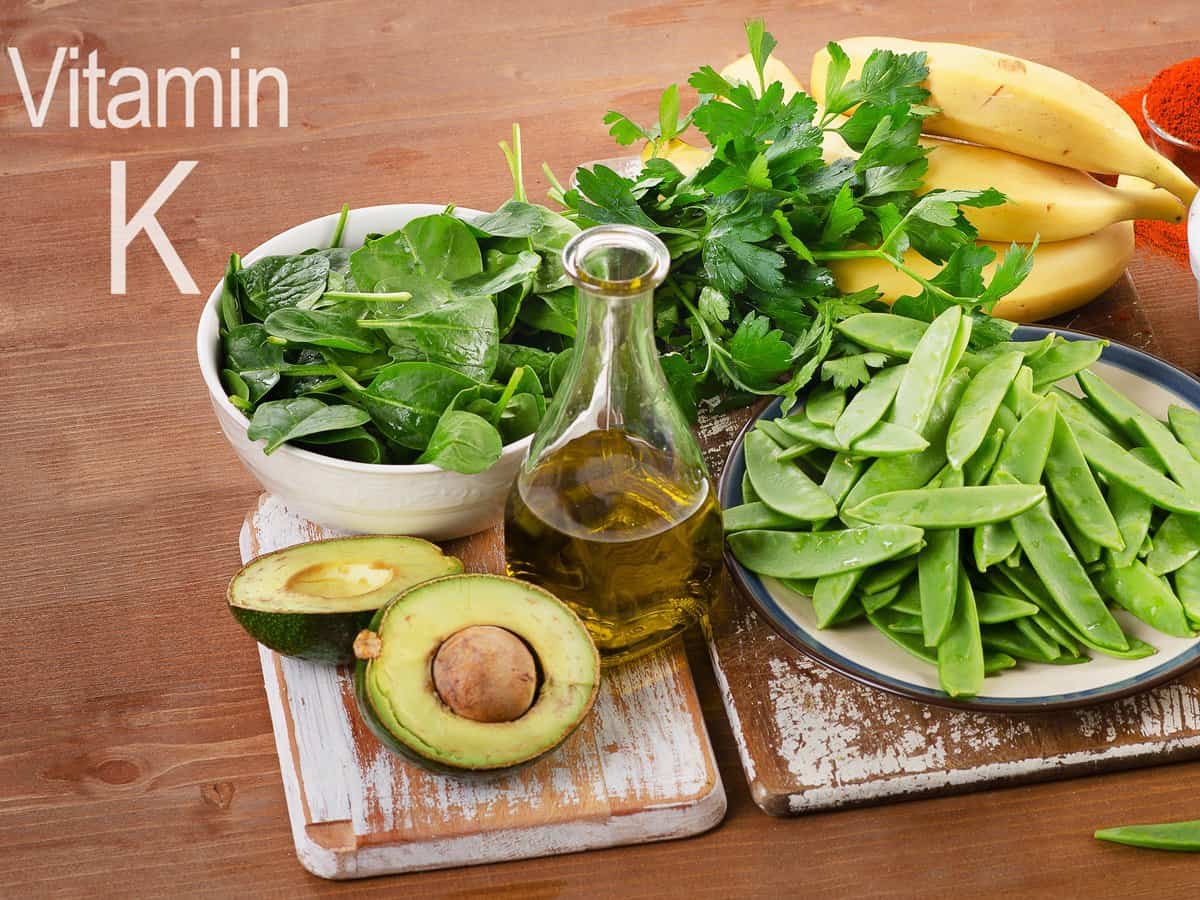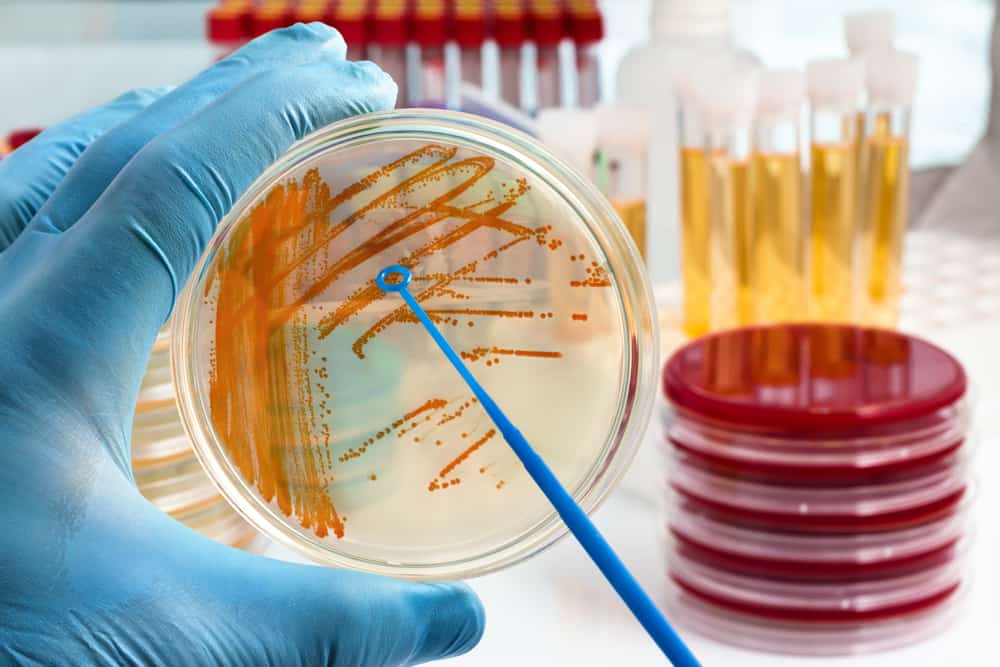Contents:
- Medical Video: The Health Benefits of Vitamin K
- What are vitamin K1 and vitamin K2?
- Vitamin K1
- Vitamin K2
- Vitamins K1 and K2 are absorbed in different ways
- Benefits of vitamins K1 and K2
- 1. Blood clots
- 2. Maintaining bone health
- 3. Prevent heart disease
- What is the daily intake of vitamin K1 and vitamin K2 in the body?
Medical Video: The Health Benefits of Vitamin K
Maybe many already know and know vitamin K. What about vitamins K1 and K2? Yes, it turns out that vitamin K1 and vitamin K2 are other forms of this vitamin. Although the benefits are not much different, vitamin K1 and vitamin K2 also have some differences that you must know. Anything, huh? Here's the full explanation.
What are vitamin K1 and vitamin K2?
Vitamin K is a class of fat-soluble vitamins. Vitamin K consists of several types but the most commonly found in human foods are vitamin K1 and vitamin K2. Although it comes from the same form of vitamin, there are some differences between the two.
Vitamin K1
Vitamin K1 is another form of vitamin K known as phylloquinone. The main source of vitamin K1 is plant foods such as green vegetables. Of the total intake of vitamin K consumed by humans there are at least 75 to 90 percent of vitamin K1 in it.
Here is a vitamin K1 content in every 230 grams of cooked vegetables, including:
- Kale: 1,062 mcg
- Spinach: 889 mcg
- Green radish: 529 mcg
- Broccoli: 220 mcg
- Cabbage: 218 mcg
Vitamin K2
Another name for vitamin K2 is menaquinones (MKs). Different from vitamin K1, the source of vitamin K2 is fermented foods and animal products. Even known if this vitamin is produced by intestinal bacteria in your body.
Actually, food sources of vitamin K2 vary considerably, depending on the subtype. The MK-4 subtype of vitamin K2 is found in animal products such as chicken, egg yolks, and butter.
This subtype of Vitamin K2 is not produced by bacteria at all. Meanwhile, vitamin K2 MK-5 to MK-15 subtypes are produced by bacteria and can be found in fermented foods.
The following is the vitamin K2 content in every 100 grams of food, including:
- Hard cheese: 76 mcg
- Chicken legs and thighs: 60 mcg
- Soft cheese: 57 mcg
- Egg yolk: 32 mcg
Vitamins K1 and K2 are absorbed in different ways
The main function of all types of vitamin K is to activate proteins that play a role in blood clotting, maintain bone health, and prevent heart disease. But if it is kidnapped deeper, each vitamin K has a different role in the body, including vitamins K1 and K2. Therefore, the absorption process will also be different.
Absorption of vitamin K1 is about 10 percent of the total amount of vitamins in food. As for the absorption of vitamin K2 itself, it is not known until now.
However, experts believe that vitamin K2 is better absorbed by the body because it is found in foods that contain fat. Because, vitamin K is a fat-soluble vitamin so that its absorption will be better when consumed with fatty foods.
In addition, vitamin K2 has a longer side chain compared to vitamin K1. This is why vitamin K2 can flow longer in the blood for days, while Vitamin K1 is in the blood for only a few hours.
This longer circulation allows vitamin K2 to be used more by body tissues. While vitamin K1 is directly drained and digested by the liver.
Benefits of vitamins K1 and K2
Basically, both vitamin K1 and vitamin K2 both provide the same benefits for body health. However, each vitamin has a more prominent benefit than the other vitamins.
1. Blood clots
The main benefit of vitamin K is to accelerate the blood clotting process. Among the many types of vitamin K, vitamin K2 has a greater influence on blood clots.
This is evidenced by a study that showed that consuming one serving of natto rich in vitamin K2 can accelerate blood clots for up to four days. This effect is considered far greater than the food intake high in vitamin K1.
2. Maintaining bone health
Intake of vitamin K in the body can activate proteins needed for bone growth and development.
Reporting from Healthline, a study found that supplementation of vitamin K2 subtype MK-4 can effectively reduce the risk of fractures. However, further studies are still needed to find out which ones are more effective between vitamin K1 and K2 on bone health.
3. Prevent heart disease
In addition to blood clotting and healthy bones, vitamin K also plays an important role in preventing heart disease. Vitamin K can activate proteins that help prevent calcium buildup in arteries.
The reason, this calcium buildup can form plaques which then make blood vessels become blocked. As a result, this can increase the risk of heart disease.
Some studies show that vitamin K2 is a vitamin that is good at reducing calcium buildup and decreases the risk of heart disease. But other, more quality studies have proven that both vitamin K1 and vitamin K2 (especially MK-7) are both beneficial for maintaining heart health. For this reason, further research is still needed to prove it.
What is the daily intake of vitamin K1 and vitamin K2 in the body?
Referring to the Nutrition Adequacy Rate (AKG) by the Ministry of Health of the Republic of Indonesia, the recommended daily intake for vitamin K based solely on vitamin K1 is 55 micrograms per day for adult women and 65 micrograms for adult men.
You can fulfill this need by consuming one serving of spinach and omelet or half a serving of broccoli for dinner. Complete your diet with egg yolks or olive oil, because these two ingredients can help speed up absorption of vitamin K in the body.
Until now there has been no specific recommendation about how much intake of vitamin K2 is needed by the body. The most important thing is to combine your diet with sources of vitamin K1 and vitamin K2 to balance your nutritional needs.













